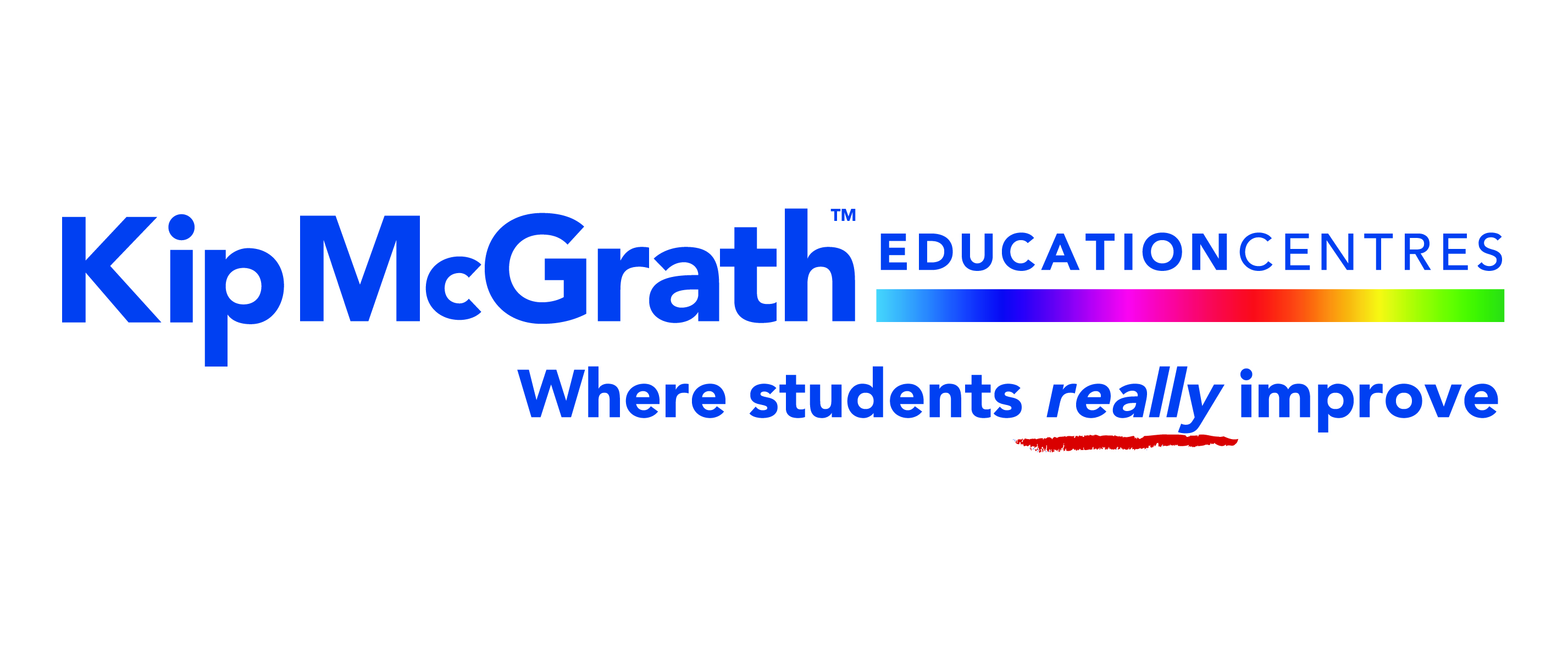The first year of the Year 1 Phonics screening test has created a lively debate, across the education world, the parenting world and the literary world.
I have been avidly reading Michael Rosen’s blog recently, and would recommend it to anyone who has an enjoyment of reading, a love of books or a passion to share this with our children.
The phonics screening test ( I hate that word test in the same sentence as Year 1) was designed to check the standards of phonetic decoding in our 5 and 6 year olds. The government use the word check, though their FAQ’s also use the word assessment. Sir Jim Rose, a government advisor has been embroiled in a debate with Rosen, Michael Morpurgo and Philip Pullman but also seemed to confirm that the word check was a touch gentle.
Sir Jim Rose is quoted as saying that the phonics screening check would give leverage to parents and help them get help if their children were below the minimum standard.
“It is not about pass or fail, it is a progress check,” he said. “If I was a head or a classroom teacher, I would be hungry for the sort of information that the test can provide.”
Forgive me if Im mistaken but his wording of “minimum standard” and “test” seem completely at odds with “it is not about pass or fail”.
The minimum standard? 34 words correct out of 40.
The success rate in the pilot? 32% of six year olds who took the screening check reached the expected level.
So using Sir Jim’s Rose’s own wording, we can expect 408,000 of our six year olds to be labelled by our Government as falling below the “minimum standard”
The FAQ’s show that the Government has a plan, “The screening check will identify children who have phonic decoding skills below the level expected for the end of Year 1 and who therefore need extra help. Schools will be expected to provide extra help and children will then be able to re-take the assessment in Year 2.” Having worked in schools I know that there isn’t the budget nor the time to provide extra help to 68% of any one cohort in a school !
In a blog post on Monday 18th June Michael Rosen put it very simply ”
What’s failing? The test or the children?
I’m not great at numbers, but if most children failed the pilot phonics screening check yet most children learn to read, that ought to tell us that the problem is the test and not the children.
The problem could be how the test is designed, it could be what is being tested, it could be what is being taught which is then tested – or all three.
But it can’t be the children because we can predict that whatever methods teachers use, most of the children will or would learn to read.”
Sir Jim Rose slipped in why he considered the importance of the “check” (or is it test?) that Headteachers and class teachers would be “hungry for the sort of information that the test can provide” I can confirm that Sir Jim should be able to sleep well at night by reminding him that every class teacher I’ve come across has a great understanding of what their pupils can and can’t do. It’s down to the 6+ hours a day that they spend time working with our children.
Related articles
- “Voo”, “terg”, “bim”, “thazz”, “spron” – the MADE UP words used to teach children English (standard.co.uk)
- http://michaelrosenblog.blogspot.co.uk/2012/06/whats-failing-test-or-children.html
- New phonics reading tests will confuse children, warn teachers (independent.co.uk)
- Michael Rosen’s letter from a curious parent (guardian.co.uk)
- http://michaelrosenblog.blogspot.co.uk/2012/06/sir-jim-rose-takes-rosen-to-task-on.html
- http://www.telegraph.co.uk/education/educationnews/9335860/Sir-Jim-Rose-criticises-childrens-authors-in-phonics-row.html

Recent Comments